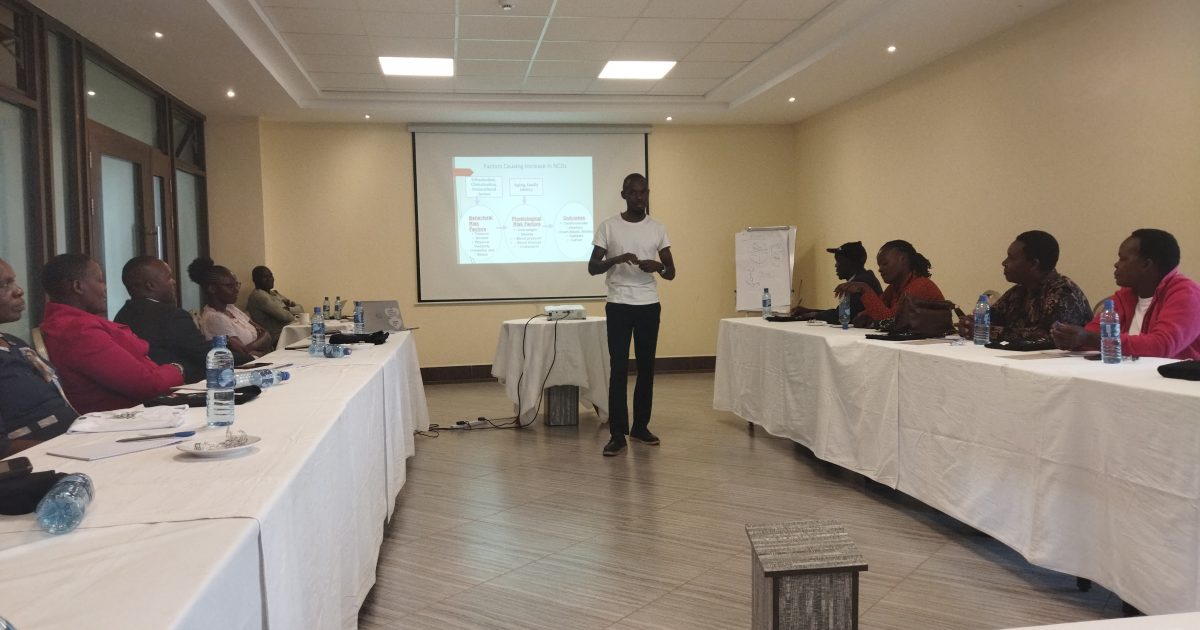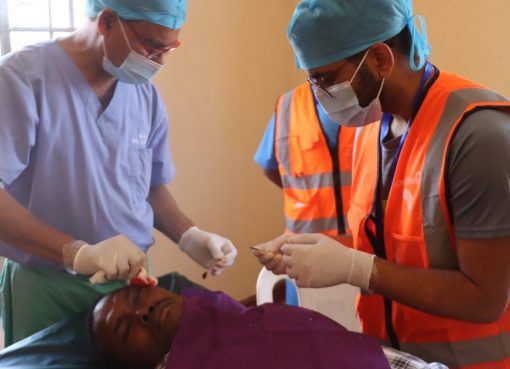According to the WHO Global Status Report on Alcohol and Health (2018), almost half (49.7 percent) of young people between 15 and 19 years of age engage in excessive alcohol consumption in Kenya.
The report revealed that the figures for young boys stand at 59.1 percent and 7.1 percent of Kenyan men suffer from alcohol use disorders.
WHO also indicated that alcohol use is one of the major risk factors for non-communicable diseases (NCDs) and more than half of all alcohol-related deaths (1.7 million) are attributed to an NCD in the report.
Further, statistics from the National Authority for the Campaign Against Alcohol and Drug Abuse (Nacada) in 2021 showed that Kisii is among the leading counties facing the problem of alcoholism.
The Nacada’s 14th edition of the biannual report on the status of alcohol and drug abuse control in Kenya revealed that out of the 1.7 million litres of illicit alcohol seized nationally in the first six months of 2021, Kisii accounted for the highest seizures of 389,346 litres.
Currently, 50 percent of deaths in the county are attributed to non-communicable diseases (NCDs) such as diabetes and hypertension.
With this regard, a non-profit organisation seeking to address the rising prevalence of non-communicable diseases (NCDs) in Kenya has begun educating young people in Kisii County on the effects of alcoholism, one of the key risk factors for NCDs.
NCD Alliance Kenya is training youth and women on the negative impacts of alcoholism to contribute to the elimination of alcohol consumption and reduce the rising burden of NCDs in the region.
Speaking during a meeting with people living with NCDs and NCD advocates in the county, the organisation’s Programme Manager, Gideon Ayodo, noted that young people in Kisii are indulging in alcohol without knowing that they are putting their lives at risk of non-communicable diseases.
“We have gathered people living with NCDs and young people to discuss the key risk factors for NCDs, alcohol being one of them, and we hope they will reach out to community members with this knowledge and help them to eliminate the use of alcohol,” he said.
Ayodo noted that alcohol is a major hindrance to development, saying it has contributed to negative impacts such as human rights violations among families in the community.
For instance, the Programme Manager pointed out that children were unable to attend school because resources meant to educate them were being misused by their parents or carers by purchasing alcohol.
“We believe that this project being implemented in Kisii, Taita Taveta, Nyeri and Nairobi counties will be able to support and contribute to the elimination of alcohol, thus reducing the incidence of NCDs and ultimately spurring the growth of our nation,” he affirmed.
Kisii County Coordinator of NCDs, Dr. David Okinyi, confirmed the increase in alcohol uptake in the county, saying it remains a major risk factor for cardiovascular diseases, diabetes, cancers, and chronic obstructive pulmonary diseases, among other NCDs.
Dr. Okinyi added that alcoholism was contributing to the rise in stress levels, mental health issues, and dissolution of families in the region, saying the advocates will play a critical role in helping the county reduce the menace.
The coordinator noted the county had established Medical Outpatient Clinics at the 19 Level Four health facilities in the region to help manage patients with NCDs every week and reduce the number of patients who access similar services at the Kisii Teaching and Referral Hospital (KTRH).
He urged the residents with complications that require dialysis treatment to visit public health facilities such as KTRH and Nyamache Sub County Referral Hospital, adding that they would be rolling out more services to revamp the reduction of mortality rates due to NCDs.
By Mercy Osongo




